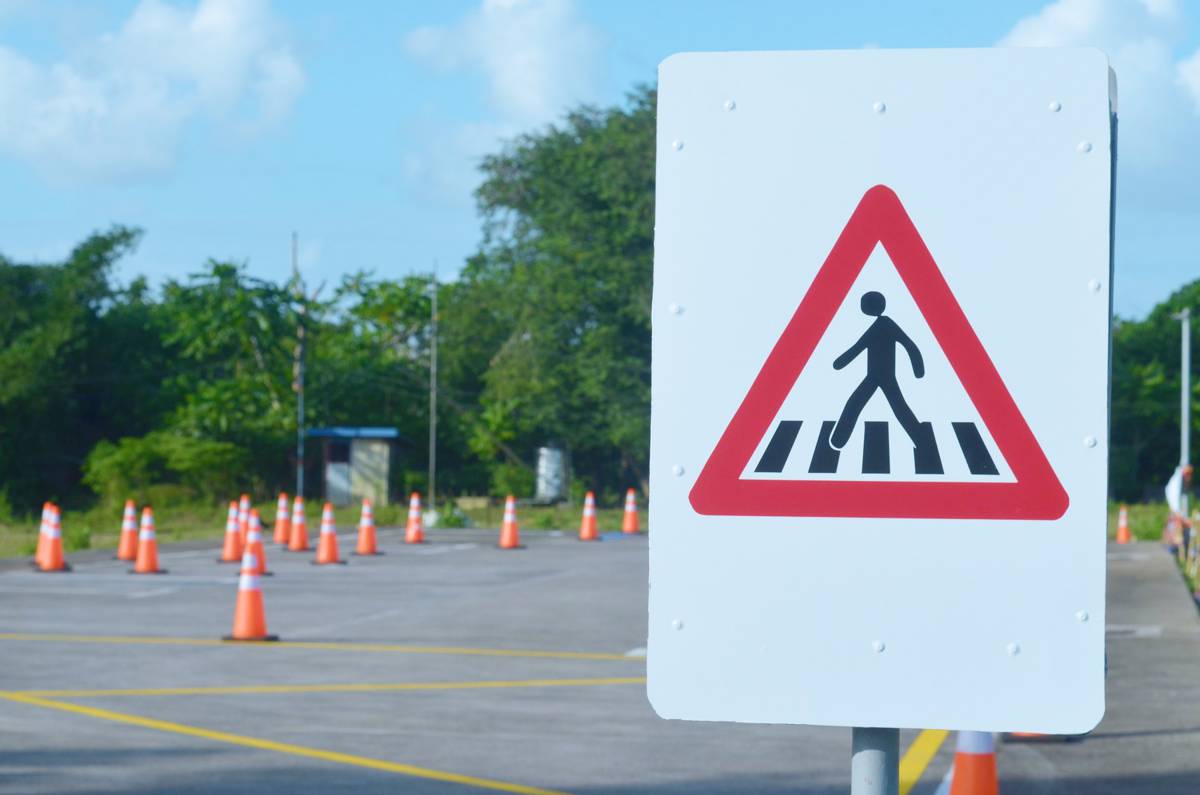TRL Speed Management Tool set to deliver reduced Road Casualty in LMIC Countries
TRL has been awarded a prestigious grant by the World Bank’s Global Road Safety Facility (GRSF) to develop ways of implementing its Speed Management Assessment Tool (SMAT) in Low- and Middle-Income Countries (LMICs).
Through the Grant Program funded by UK Aid this GRSF grant, seeks to identify the best ways that the Speed Tool, SMAT, can be applied by stakeholders in LMICs to effectively and efficiently manage traffic speed on their roads. Managing speed is a fundamental principle of the Safe System approach and is a major focus for all the global road safety leads including the World Bank, the World Health Organisation (WHO) and the United Nations (UN).
Traffic speed is so critical because achieving even small reductions leads to disproportionately large reductions in the energy in crashes, which is the factor that causes the injuries to those involved. This means managing speed limits and targeting speeders is critical to achieving the large reductions in road deaths and injuries which are so required globally.
The challenge is the major lack of robust information available in LMICs to enable the scientific and systematic management of speed. Traffic flows, speed limits, mean speeds and 85th percentile speeds are, however, coded by iRAP. The SMAT re-uses these data to identify where speed limits and traffic speeds are inappropriate for the road risk levels.
The TRL team are working closely (but remotely) with traffic police, road authorities and other safety stakeholders in Nepal, Fiji and Ghana to develop how the tool can be implemented in LMICs to provide a data-led basis for speed management. The SMAT produces outputs that are intuitive, to help explain speed issues to non-experts; it produces complex information to assist the technical staff develop the specific responses to reduce speeds. The project is also identifying new sources of traffic speeds and flows which can be used to update and augment the iRAP coding information.
iRAP Star Rating has been applied to more than 1.4 million kilometres of roads to date. This means that potential scalability of the SMAT is significant.
“Within this project, we are developing the approaches to effectively apply TRL’s SMAT benefits in LMICs to assist stakeholders to better manage all aspects of speeds on their networks, in line with the Safe System approach. We are identifying what additional data is needed to deploy our SMAT in these countries, how to collect it, and if existing data can fulfil the requirement” says Dr Alix Edwards, TRL’s Head of Sustainable Development.
The technical lead for the project, Dr John Fletcher, stated: “Because this tool makes use of pre-existing data it should be relatively easy to roll out at scale to any country that has applied iRAP Star Rating, and many of these are LMICs. Lack of data is a challenge, as is capacity, amongst the stakeholders. In conjunction with the professionals in each country we will also be producing supporting materials to increase understanding of why speed is key, how to manage it and how to apply the SMAT effectively.”
The SMAT evaluation project is supported by the World Bank Group, through its Global Road Safety Facility (GRSF), thanks to UK Aid Grant Program, and delivered by TRL, which is the UK Centre of Excellence for iRAP; iRAP itself is also supporting this project with assistance and technical advice. TRL’s SMAT was originally developed with support from England’s road authority: National Highways, and it is with their kind permission we are able to apply it in this important project.





























